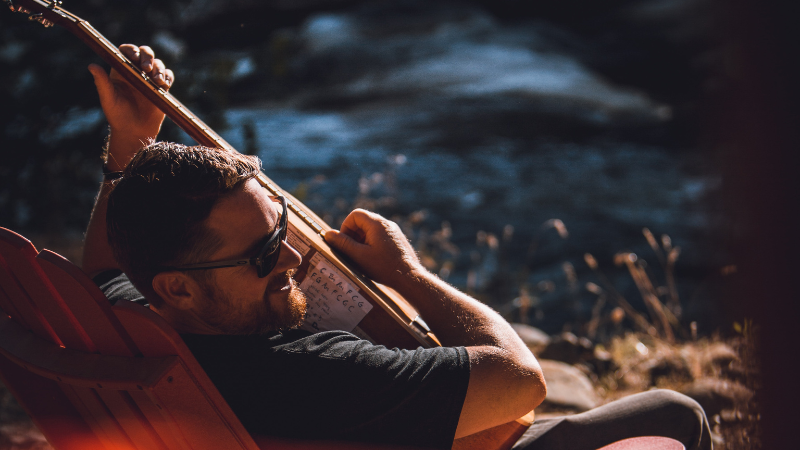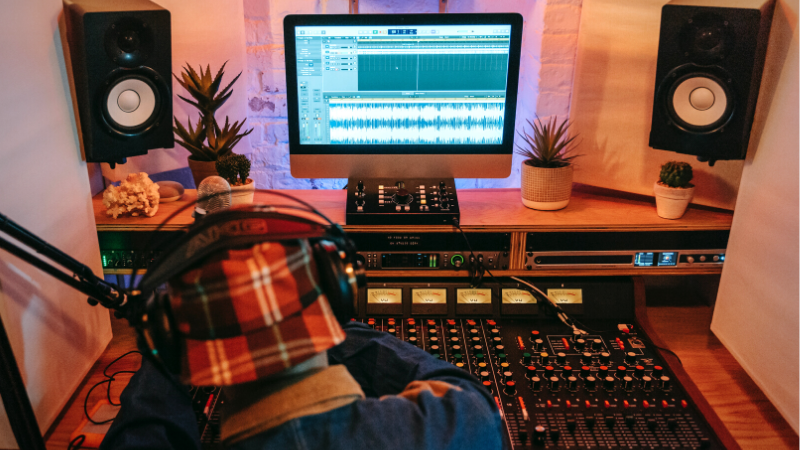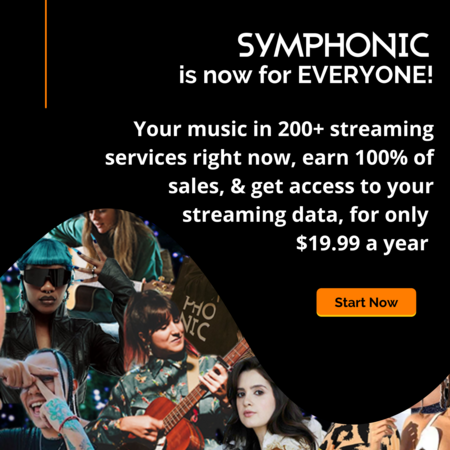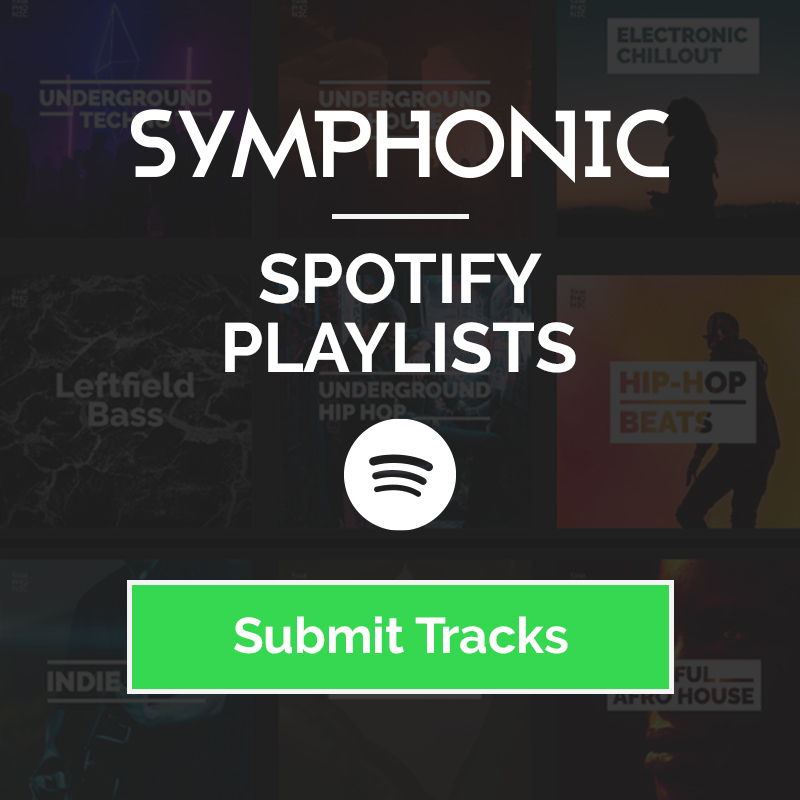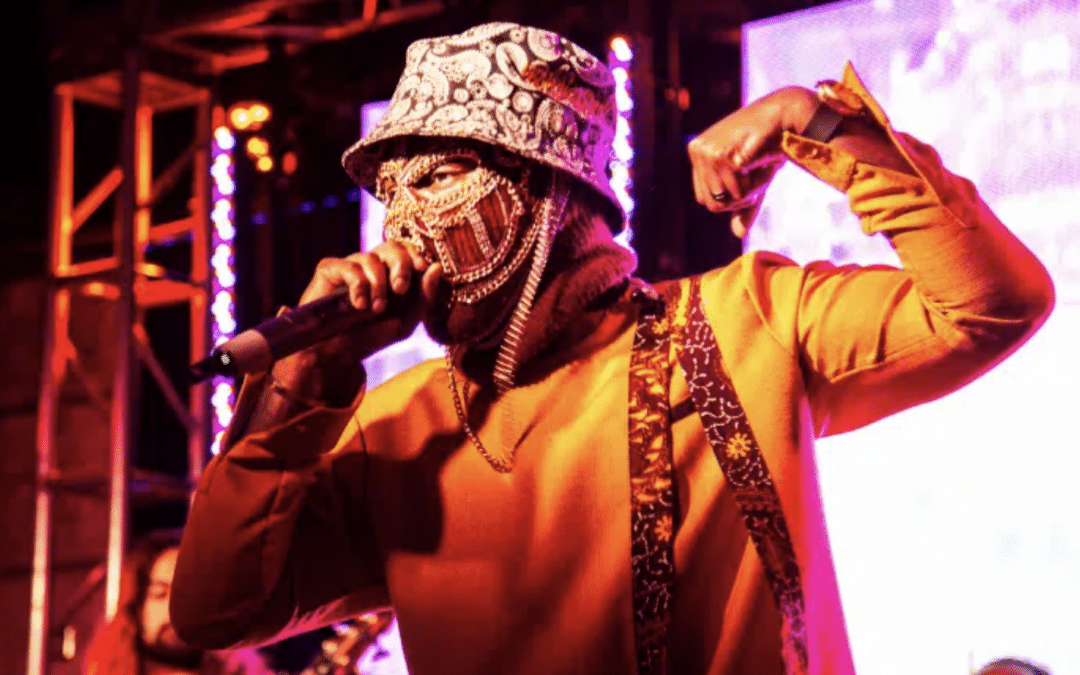
10 Best Ways To Sell Out Your Next Show
Imagine showing up to a venue to play your show and seeing it overflowing with all your fans. Think about the energy in the room, the screaming fans who waited weeks or even months to see you perform… There’s no better feeling. But for that to happen, it takes a ton of networking, planning and consistent promotion for your audience to be ready to go when the time finally comes. In this post, you’ll learn how to promote your next show to ensure it’s everything you’ve dreamed of and more. Here’s the rundown…
10 Best Ways To Sell Out Your Next Show
Reach Out To The Venue
To get started, the first thing you need to do is reach out to the venue and ask what they’ll be doing to promote the show. If the venue is making flyers and distributing them all over town, don’t waste your time doing the same. Whatever they end up doing is a great contribution, but whatever they don’t is up to you to take care of.
Divide and conquer!
Assemble All The Contacts You Can
If you’ve done this before and promotion isn’t news to you, you probably have a decent list of contacts you can reach out to. If you don’t, you can hit up the venue and ask them to send you their media list. In most cases, the venue will have a list ready to send to bands who are out of town, so it shouldn’t be any trouble for them to send you one too. This list usually consists of emails and phone numbers for local music journalists, editors, bloggers, radio show hosts, etc. In addition, this is a great time to use your own connections within your community to grow this list as much as you can.
You can also seek partnerships with local businesses, organizations, influencers, or artists who have a similar target audience. They can help promote your show to their followers, and you can reciprocate by promoting their work as well. Whether you ask your other touring friends or even your management if you have it, these people want to see you succeed!
Music and community go hand in hand. You are not in this alone, so don’t be afraid to utilize your relationships in the industry. If there was ever a time to do so, this is it.
Hit Up Those Contacts
I’m sure you saw this one coming… You really want to make sure that your show is getting as much coverage as possible. A couple months prior to your show is the time to start reaching out to all the people in the list you collected from the previous step and getting yourself on all the local concert calendars. Doing this in advance is crucial, as it gives them time to set everything up without stressing at the last minute. Not to mention the longer your name is out there, the more people have time to see it.
Lastly, and this should go without saying, be nice. Be genuine, humble, and respectful of their time when you reach out. If you can offer them some free tickets, that’s even better. They don’t have to go out of their way to help you, so if they do you should be forever grateful. In this business, relationships are everything. Be remembered for how personable and kind you were, and they’ll have no problem coming through for you again in the future.
Utilize Online Event Platforms
In the digital age, you can’t ignore online event platforms like Eventbrite, Meetup, Bandsintown, Facebook groups and local event directories. These platforms have a built-in audience and can help increase your show’s visibility. Bandsintown even automatically scans your music from services like Apple Music or Spotify when you sign up for the first time so it’ll show up on your profile, too.
Try Paid Advertising
Consider allocating a portion of your budget to online advertising platforms like Google Ads, Facebook Ads or Instagram Ads. With these, you can target your advertisements to reach the right audience based on location, interests and demographics.
There are so many ways to learn more about your fanbase, and this can be vitally important for knowing what your fans want to see. Once you analyze your audience, you can then create your Average Fan’s Profile. You can then use this profile to help make business decisions such as where to tour, where to spend your time on social media, and more.
It’s leg day…
If the venue isn’t creating any posters for your show, do it yourself. People generally respond better to posters that are creative and stand out among the rest. Consider reaching out to local artists in your area to create a dope design together. Once you have the perfect posters/flyers, go out on the town and put them up in places like coffee shops, record stores, smoke shops, on telephone poles or anywhere you damn well please. Anywhere that has a lot of foot traffic is sure to gain the attention of someone who’ll be interested.
How To Start Emailing
About 6 weeks before the gig, it’s time to send out your first round of email invites. (If you’re struggling with constructing and utilizing your mailing list, this post will help you out.) Remember, the first email is the most important. Think about what you want your audience’s first impression of your event to be, and go from there. Include all the details of when it is, where it’s happening and what to expect.
At the same time, you should start announcing the event on all your social media platforms. Start with a big announcement, then remember to keep posting about it throughout the entire time it takes for your show to finally arrive. You want to keep reminding your audience that your show is coming up so they’re well aware and ready to go when the time comes.
In addition to this, this is a great time to offer incentives for your attendees to spread the word about your show. Offer referral discounts, exclusive merchandise, or freebies for anyone who brings in friends or share information on their social media accounts.
Rinse & Repeat
2 weeks after your first round of emails, it’s time to send out a second round of emails. You can either send the update to everyone you sent it to the first time, or you can segment it up and send different emails to different groups of people. (For example, the people who didn’t open it the first time can get something different than the people who already RSVP’d.) If you end up deciding to send it to everyone from the first round of emails, just be sure to make the email look and feel different. (ex: different copy, a new color scheme, etc.) — This email is essentially just a reminder disguised as an announcement. Whatever updates you have about the show, whether its a venue change or you’re offering new merch, be sure to include them in this second round of emails.
Once it’s two weeks out, it’s time to send a third email out to everyone with a sense of urgency to it. Remind them the event is coming up and tell them to get excited for everything to come!
Let’s Talk Socials…
Now this is a given, but social media is one of the best places to promote yourself. From the start of your promo journey to the very end, you should be working on developing engaging content related to your show like behind-the-scenes videos, teasers, interviews and sneak peeks. Every week, you should be sharing content on your website, socials, AND through email to build anticipation and generate interest.
Not sure where or what to post? Your social efforts should stretch from Instagram Reels and TikTok’s to collaborative posts with other artists and cross-promotion across any and all the platforms your fans frequent. You can post recap clips from your last show, teasers of what’s to come, or even do a giveaway for the first 100 people who RSVP. Many artists go Live on IG to hype up big news, too.
Whatever you decide to post, make sure you keep posting consistently before show day finally comes.
Partner with Vendors
If there are any food, jewelry, (or any other vendors for that matter) at the venue, consider hitting them up beforehand and collaborating on some social posts with them. Together, you can hype each other up and get double the reach with each post. Not to mention it’s always good to involve your creative community in anything you do. So when the next event comes around, they’ll think of you and how you may be able to work together again.
Utilize SEO
Taking advantage of Search Engine Optimization is a great way to ensure as many people see your event on Google as possible. For example, using keywords that pertain to your event like “metal show in South Florida” or “Miami event this weekend” can help you rank higher in Google searches. In addition, posting regularly and sharing your content to as many platforms as possible can also boost your visibility.
Final Reminders
Ok, so the show is this week. This final reminder needs to be a bit more personal. If you can, send out a text to everyone who’s coming to remind them one last time. Your effort will be greatly appreciated and people will feel more connected to your band when they receive a personalized reminder from you.
If you don’t get a lot of feedback at the beginning of the promotional period, don’t worry. Most of your RSVP’s will end up coming in a week or so before the show. And when your show day finally comes, make sure to enjoy it! Watch as all your effort and preparation pays off as you pack the venue with excited fans. At the end of the day, every show you do will be a learning experience for the next one. If you don’t sell out this time, you can try again with the next one! It’s all a part of the process of independent musicianship.
Good luck!

